Siemens Healthineers is the first provider to offer completely automated random-access immunoassays for IL-1β, IL-2R, IL-6, IL-8, IL-10, TNFα, and LBP. These assays are available on the IMMULITE 2000/2000 XPi Immunoassay System, allowing any lab to research inflammatory diseases and presenting doctors with a more complete picture of the condition.
Benefits
Optimize clinical operations
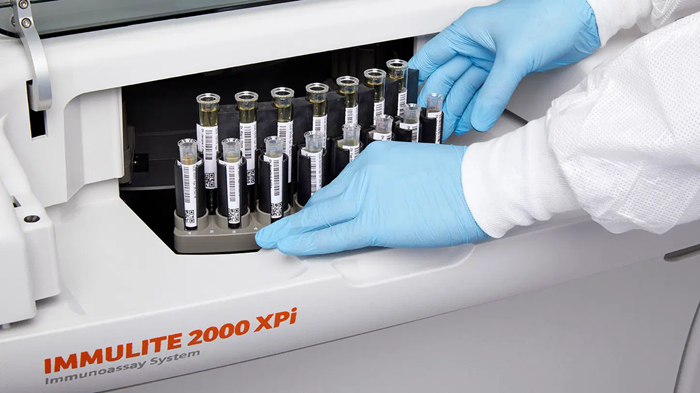
Image Credit: Siemens Healthineers
- A more complete automated inflammatory panel that offers standardized test findings that are high-quality, highly sensitive, and specific can be used to meet clinical objectives.
- Consolidate cytokine testing onto a single, economical method to cut expenses.
- Enhance the inflammation testing process by utilizing an automated, user-friendly analyzer.
Assist physicians with risk assessment
Key cytokines, their function, and pathological association/effect. Source: Siemens Healthineers
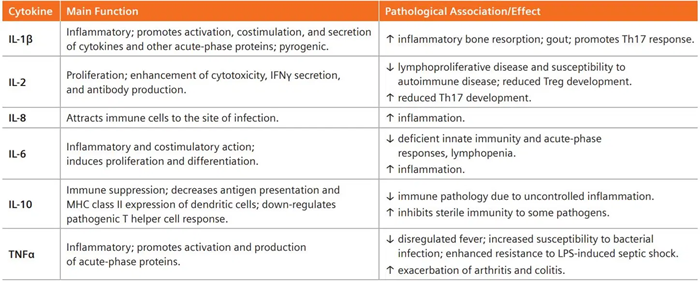
Accurate cytokine measurement can assist doctors in determining risk and implementing prompt treatments, while early identification of inflammatory markers can signal the beginning of inflammatory disease.
Patients with acute or chronic inflammatory diseases and conditions, including cytokine storm, cancer, major depressive disorder, respiratory disorders, rheumatoid arthritis, and diabetes, have been reported to have elevated blood levels of pro- and anti-inflammatory cytokines.
Get speed and accuracy on one trusted system
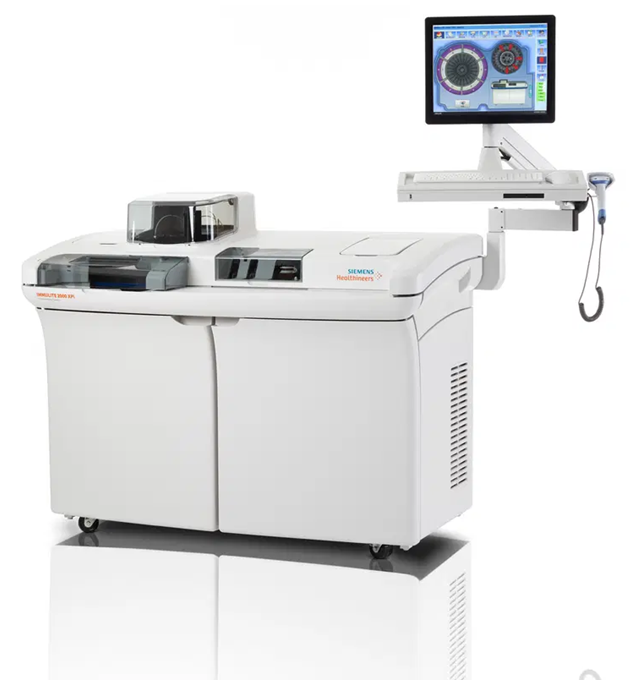
Image Credit: Siemens Healthineers
With the IMMULITE 2000 XPi system, laboratories may start using high-quality immunoassays on a multiplexed, high-throughput system to tackle the complexity of inflammatory responses.
With a turnaround time of about 35–65 minutes, use extremely sensitive tests to consistently and accurately identify disease.
Assay characteristics
IMMULITE 2000/2000 XPi Systems assay characteristic
Source: Siemens Healthineers
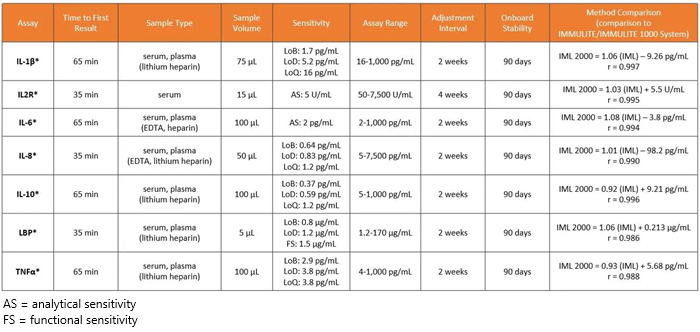
*Research use only in the U.S.
Staying ahead of the cytokine storm
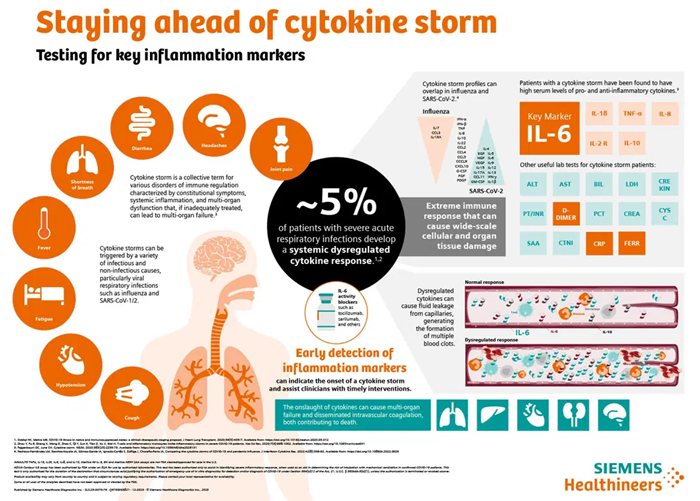
Image Credit: Siemens Healthineers
High quantities of pro- and anti-inflammatory cytokines, including interleukin-6 (IL-6), have been seen in the blood of patients experiencing a cytokine storm.
This important marker serves as an early predictor of the inflammatory response to disease. IL-6 levels rise within hours of significant damage or infection and can be evaluated to determine if a patient is experiencing an acute response to infection and whether the response is declining slowly or fast, allowing doctors to assess the patient's current and future disease risks.
Testing for key inflammation indicators can help doctors identify individuals with significant inflammatory responses and stay ahead of the cytokine storm.
Evidence
Cytokine tests, particularly IL-6, should be used where possible to assess severe patients suspected of hyperinflammation.”
IFCC8